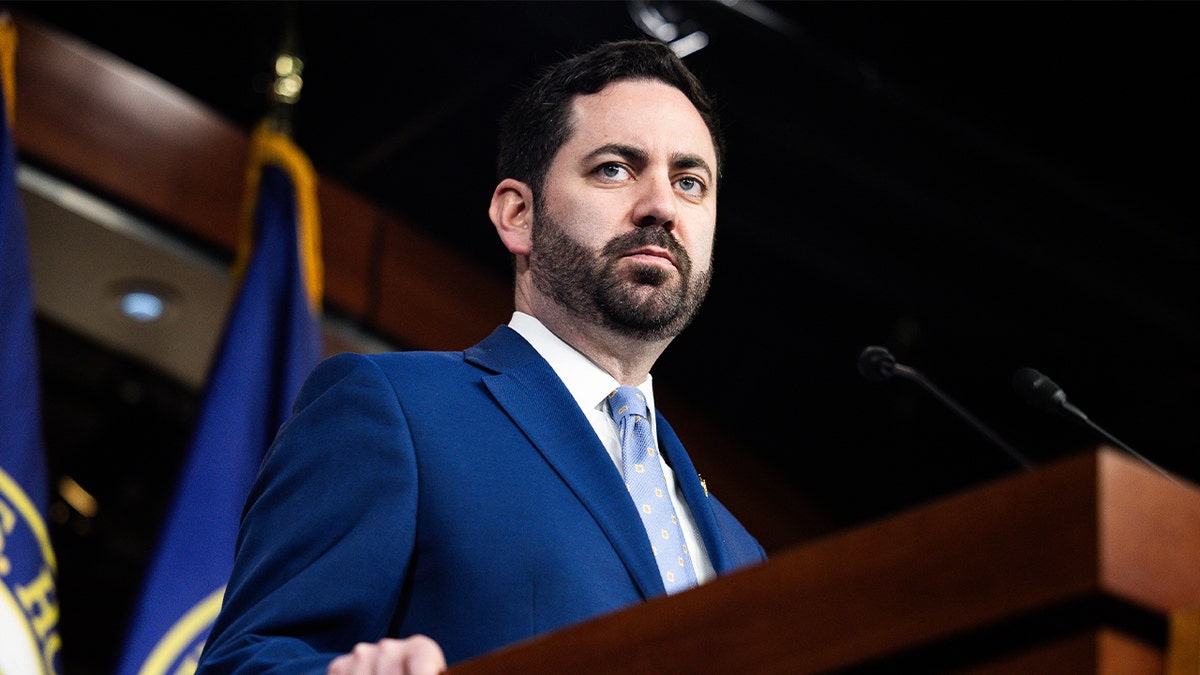In the ongoing federal death penalty trial of Robert Bowers, the individual responsible for the 2018 Pittsburgh synagogue massacre, a neurologist from Vanderbilt University Medical Center testified that Bowers does not suffer from any psychiatric or neurological disorder, and was capable of forming the intent to kill. This testimony directly contradicts the defense's argument that Bowers' actions were driven by psychosis and brain abnormalities.
Dr. Ryan Darby's testimony challenged previous assertions by defense experts who diagnosed Bowers with psychosis and pointed to brain abnormalities. Bowers, a 50-year-old former truck driver, was found guilty last month of murdering eleven members of three congregations at the Tree of Life synagogue on October 27, 2018. He also injured two worshippers and five police officers in the attack.
The current penalty phase of the trial, which began on June 26th, will determine whether Bowers receives the death penalty. The defense is striving to convince the jury to impose a life sentence, while the prosecution is pursuing capital punishment.
Defense experts had previously argued that Bowers' actions stemmed from a long history of mental illness, describing him as "blatantly psychotic." They contend that his mental state impaired his ability to form the legal intent to kill, attributing his actions to delusional beliefs about preventing a genocide of white people.

A Star of David hangs from a fence outside the dormant landmark Tree of Life synagogue in Pittsburgh's Squirrel Hill neighborhood, on Apr. 19, 2023. (AP Photo/Gene J. Puskar, File)
However, Dr. Darby countered these claims, stating that mental illness did not seem to be a factor in the attack. Based on a three-hour examination of Bowers in May, Darby found him to be calm, cooperative, and focused on discussing his views on Jews, immigrants, and the "great replacement" conspiracy theory. After reviewing Bowers' brain scans, Darby disagreed with the defense's diagnoses of schizophrenia, a seizure disorder, and brain abnormalities.
Darby asserted that Bowers' hateful ideology, fueled by online antisemitic content, was not the product of delusion or psychosis. He described Bowers as viewing himself as a "soldier" fighting a war against white people, and reported that Bowers expressed a desire to kill more people if given another opportunity to attack the synagogue.








